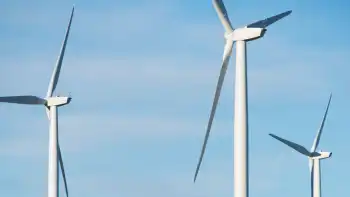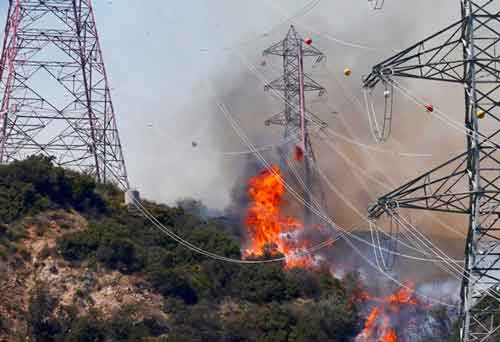Pulling Duke into the green
By Knight Ridder Tribune
Substation Relay Protection Training
Our customized live online or in‑person group training can be delivered to your staff at your location.

- Live Online
- 12 hours Instructor-led
- Group Training Available
In the business for 33 years, he's a walking history book on the evolution of green power and its slow and now-somewhat-forced acceptance by mainstream utilities.
Mohler, the Charlotte utility's chief technology officer, is in charge of moving the mainstream power producer into the more fringe world of alternative power sources, such as solar and wind.
He said he's seen a slow evolution for the technologies, once ridiculed in the boardroom and now taken seriously by utility executives and the industry.
He spoke to the Charlotte Observer about Duke's plans to produce at least 12.5 percent of its power from renewable energy sources by 2021, which is required by a new state law. He spoke about the changing utility landscape as the world grapples with a global warming phenomenon, caused in part by carbon dioxide emissions from the smokestacks of coal-fired power plants, most climate change scientists agree.
Question: When did the change really start to see changes take place, when utility executives started to take alternative energy seriously?
Answer: A lot of things have been talked about my whole career. In the latter 1970s, they kind of shrugged their shoulders and laughed about it. In the mid-1980s, there was kind of half-hearted attempt at demand-side management. Utilities made their money on the volume of electricity sold. For a utility to spend a lot of money to change that equation wasn't reasonable. It really started to change in the last three or four years.
Question: On a practical growth level, Charlotte has exploded with population, From a planning aspect, in a sense, has that been irresponsible? Have we put the cart before the horse? Have we grown too quickly for our own good?
Answer: I think that's a personal question. Almost comes down to personal philosophy
Question: Some people say we have to build a coal-fired project to meet the demand; we have to build a nuclear plant, but a lot of folks don't want you to do that. Duke Energy says we have to be there to meet the demand. Is Charlotte growing too quickly for it own good in that regard?
Answer: Not speaking for the company, I don't think so. I value human life so I think growth is not a bad thing. What are the alternatives? Do we turn people away? Do we tell people that they can't have the standard of living that they aspire to? What are the alternatives?
Question: What to you holds the most promise in terms of giving that extra power we need with all the regulatory hurdles that all these other mainstream sources have?
Answer: Clearly energy efficiency is high on the list because it's achievable now.
The megawatt you don't generate is the cleanest one you can possibly think of. But you can't completely reduce energy consumption to zero, especially not in the face of increasing population and increasing demand. It's got to come from somewhere. Long term, my belief if we're not serious about building more nuclear plants, we're really fundamentally not serious about attacking climate change. I really think that's got to part of the equation.











